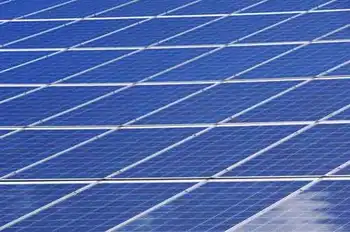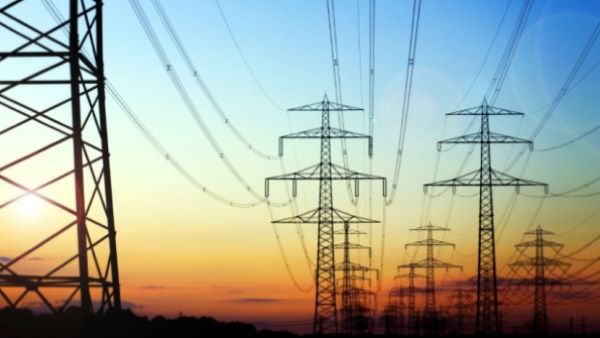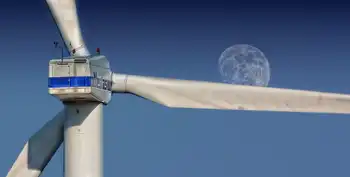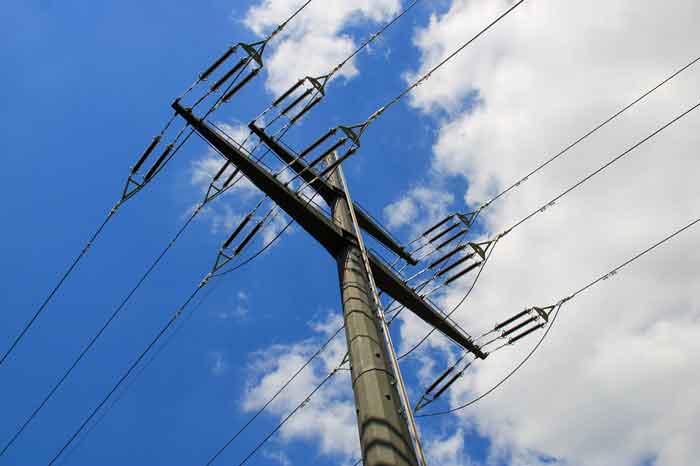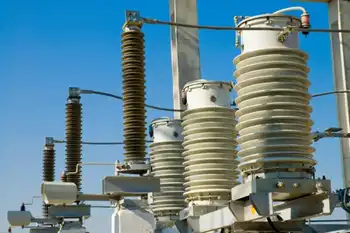Smart grids proliferate worldwide
By GDS International
Substation Relay Protection Training
Our customized live online or in‑person group training can be delivered to your staff at your location.

- Live Online
- 12 hours Instructor-led
- Group Training Available
But now the form of electricity network that utilizes digital technology to deliver electricity from suppliers to consumers, therefore saving energy, reducing costs and increasing reliability and transparency, is currently on more lips than Chapstick.
Indeed, a recent survey showed that there was a surge in the number of utility companies across the globe either adopting smart grid technologies or planning to do so.
The Microsoft Worldwide Utility Industry Survey 2011 polled more than 210 professionals within electric, gas and related companies around the world and found that 39 percent of utilities were adopting smart grid technologies.
“A further 37 percent had plans in place or were in the process of drafting plans, only 16 percent had not started any activities, while eight percent claimed complete implementation,” the report says.
Moreover, the report indicates that 73 percent of respondents expect their smart grid budget to increase over the next two-three years, while 21 percent expect it to stay the same and six percent to decrease.
John C. Arnold, Managing Director for the Worldwide Power and Utilities Industry at Microsoft, and a member of the Smart Grid Advisory Committee to the National Institute of Standards and Technology, was reported as saying that the uptake is expected to increase as budgets to support these efforts also increase.
“Our study clearly indicates the hype cycle is over and more utilities today are planning smart grid implementation,” says Arnold. “We’re seeing a normal phenomenon occur in terms of the evolution of thinking about these projects. Utilities are finding out what they don’t know and they are, naturally, exerting some caution before making big investments, even though the willingness to spend is there.”
However, it isn’t all plain sailing in the brave new world of smart grids. The report highlights the challenges faced by utilities as they progress from planning to actual smart grid implementation. “Around 27 percent say the main challenge to moving forward is financial, while others point the finger at organizational and regulatory issues, as well as the lack of a comprehensive plan.”
More than half the respondents expect their customersÂ’ bills to become more complex, and almost half expect their organization will need to be significantly restructured to achieve the vision of a fully integrated smart grid. And, despite their confidence in todayÂ’s smart grid technology, 64 percent of respondents say they donÂ’t have a clear view of the enterprise information and technology infrastructure that will be used to structure current and future smart grid developments.
ItÂ’s no surprise that smart grids will be top of the agenda at the Next Generation Utilities Summit 2011, which takes place from 21-23 June in New Orleans. This closed-door summit, hosted by GDS International, features some of the leading voices in the U.S. utilities sector, including Todd Arnold, former SVP Smart Grid at Duke Energy Steve Woerner, CIO Constellation Energy Becky Harrison, Director of Smart Grid Technology at Progress Energy, and Imre Gyuk, Energy Storage System Program Manager at the Department of Energy.
Along with smart grids, other key topics for discussion include energy management systems, overcoming infrastructural and regulatory challenges in the U.S. and customer engagement with real time feedback.
Next Generation Utilities Summit 2011 is an exclusive C-level event reserved for 100 participants that includes expert workshops, facilitated roundtables, peer-to-peer networks and coordinated meetings.
For more information, visit www.ngusummitna.com





